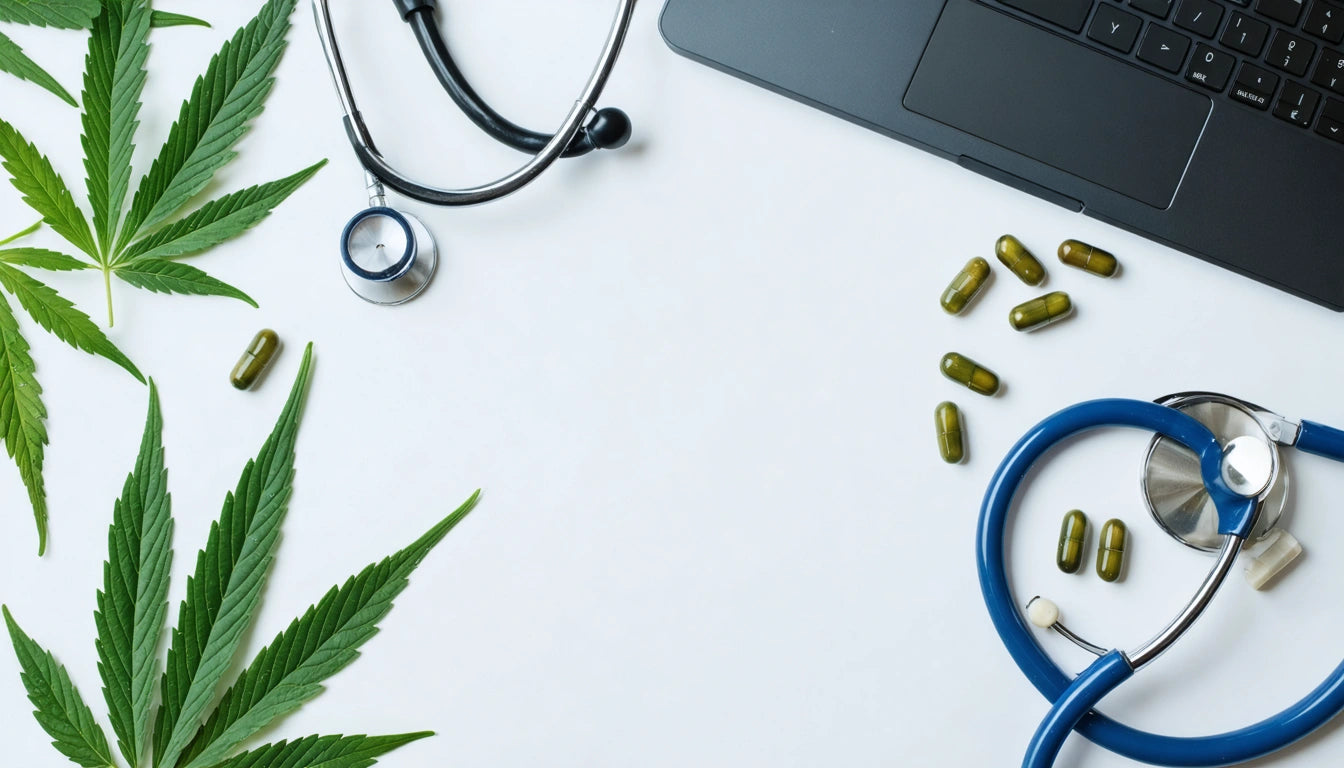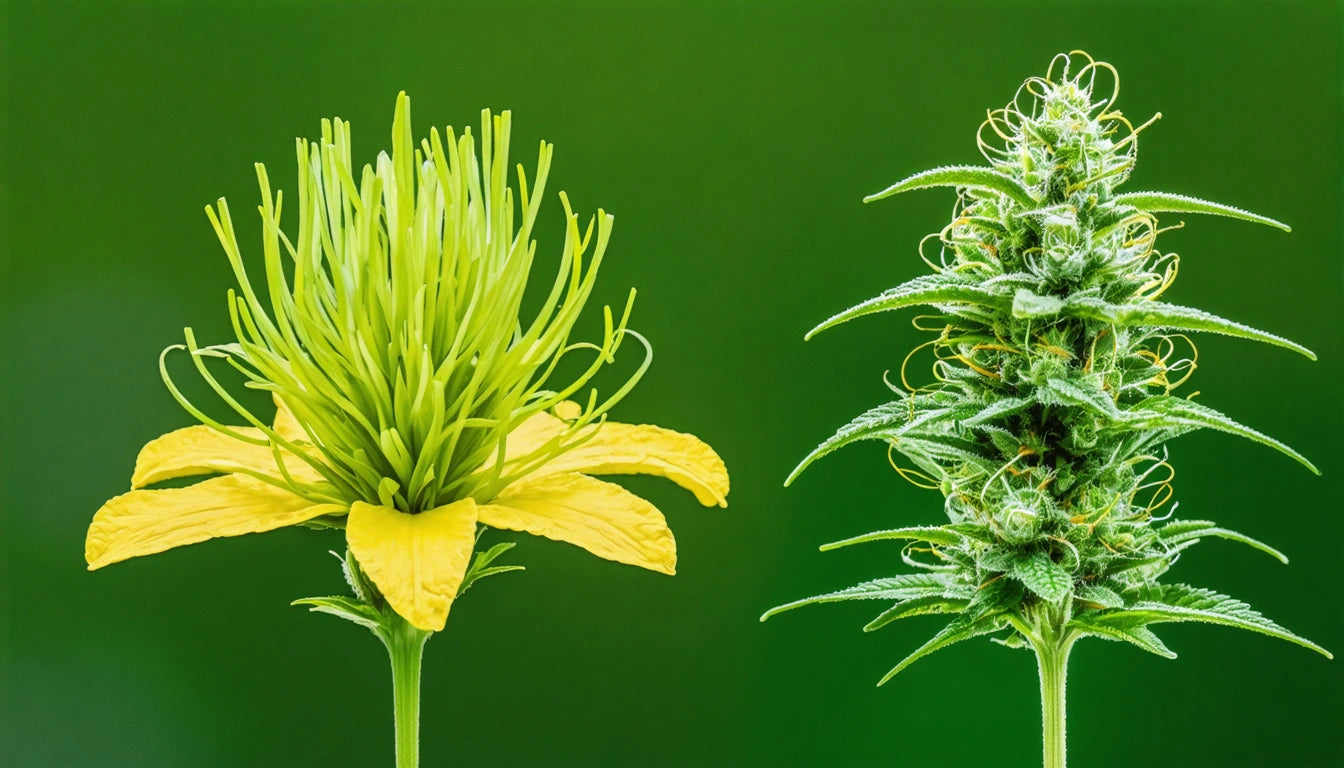Table of Contents
- The Relationship Between CBD and Blood Pressure
- Research Findings on CBD's Cardiovascular Effects
- How CBD May Affect Blood Pressure: Mechanisms of Action
- Dosage Considerations for Blood Pressure Management
- Safety and Drug Interactions
- Selecting Quality CBD Products for Cardiovascular Health
- Future Research Directions and Clinical Applications
CBD and Blood Pressure: Effects, Benefits, and Considerations
As interest in cannabidiol (CBD) continues to grow, many people are exploring its potential effects on various health conditions, including cardiovascular health. One common question is whether CBD can help manage blood pressure levels. This comprehensive guide examines the relationship between CBD and blood pressure, exploring current research, potential benefits, and important considerations for those interested in using CBD for cardiovascular health.
The Relationship Between CBD and Blood Pressure
CBD is one of over 100 cannabinoids found in the cannabis plant. Unlike its cousin THC, CBD doesn't produce psychoactive effects, as explained in this article debunking myths about CBD. When it comes to blood pressure, preliminary research suggests that CBD may have properties that could influence cardiovascular function.
The question "does CBD lower blood pressure" has become increasingly common among consumers. Current evidence indicates that CBD may have vasodilatory properties that could potentially reduce blood pressure in some circumstances. However, the relationship is complex and depends on various factors including dosage, individual physiology, and whether the person has normal or elevated blood pressure to begin with.
Research Findings on CBD's Cardiovascular Effects
Acute Effects on Blood Pressure
Several small-scale studies have investigated whether CBD can lower blood pressure in humans:
- A 2017 study published in JCI Insight found that a single 600mg dose of CBD reduced resting blood pressure and the blood pressure increase experienced during stress in healthy volunteers.
- Research suggests that CBD may affect blood pressure differently under various conditions, potentially lowering it during stressful situations while having less effect during normal conditions.
Long-term Effects and Heart Rate
The question of whether CBD lowers heart rate is also important when considering cardiovascular effects:
- Some studies indicate that CBD may help regulate heart rate, particularly during stressful situations.
- Research on long-term use of CBD for blood pressure management is still limited, with most studies focusing on acute effects.
How CBD May Affect Blood Pressure: Mechanisms of Action
Understanding how CBD might affect blood pressure requires examining its interaction with the body's endocannabinoid system and other physiological pathways:
Endocannabinoid System Interaction
CBD interacts with the endocannabinoid system, which plays a role in regulating cardiovascular function. Through this interaction, CBD may influence blood vessel relaxation and inflammation, both of which can affect blood pressure. This resource on CBD interactions provides more detailed information about how CBD works within the body.
Stress and Anxiety Reduction
One way CBD may help with high blood pressure is through its potential anti-anxiety effects. Stress and anxiety can temporarily increase blood pressure, so CBD's calming properties might indirectly benefit cardiovascular health. Research on CBD for anxiety suggests it may help manage stress responses that contribute to elevated blood pressure.
Dosage Considerations for Blood Pressure Management
For those wondering how much CBD for high blood pressure might be appropriate, the answer isn't straightforward:
- Clinical studies have used various dosages, typically ranging from 300mg to 600mg for acute effects.
- Lower doses used in commercial products (10-100mg) haven't been extensively studied for blood pressure effects.
- Individual factors such as body weight, metabolism, and existing health conditions can influence optimal dosage.
It's important to note that how much does CBD lower blood pressure varies significantly between individuals. Starting with a low dose and gradually increasing while monitoring effects is often recommended by healthcare providers familiar with CBD.
Safety and Drug Interactions
Safety considerations are paramount when considering CBD for cardiovascular health:
Medication Interactions
A critical question is whether CBD can be taken with blood pressure medication. CBD may interact with certain medications, including many common blood pressure drugs, by affecting how they're metabolized in the liver. This could potentially increase or decrease the medication's effectiveness or side effects.
According to safety guidelines for supplements and medications, proper packaging and labeling are essential for consumer safety, especially when products might be used alongside prescription medications. Proper safety information helps consumers make informed decisions about potential drug interactions.
Potential Side Effects
While considering whether CBD raises blood pressure, it's important to note that some users report temporary changes in blood pressure or heart rate when using CBD. Other reported side effects include:
- Fatigue
- Diarrhea
- Changes in appetite
- Dry mouth
These effects are generally mild but should be considered, especially for individuals with existing cardiovascular conditions.
Selecting Quality CBD Products for Cardiovascular Health
For those interested in the best CBD for blood pressure, quality considerations include:
Product Types and Bioavailability
Different CBD formulations may affect how quickly and effectively the compound enters the bloodstream:
- Sublingual oils and tinctures offer relatively fast absorption
- Oral products like capsules and CBD gummies for high blood pressure provide more consistent dosing but slower onset
- Topical products generally don't produce significant cardiovascular effects
Quality Assurance
When selecting CBD products for any health purpose, including cardiovascular health:
- Look for products with third-party lab testing
- Check for full-spectrum vs. broad-spectrum vs. isolate formulations
- Verify the actual CBD content matches what's advertised
- Ensure products are free from contaminants like pesticides and heavy metals
Understanding the difference between hemp seed oil and CBD oil is also important, as hemp seed oil doesn't contain significant amounts of CBD.
Future Research Directions and Clinical Applications
The field of CBD research for cardiovascular health is still developing. Current evidence suggests potential benefits, but more research is needed before definitive claims can be made about whether CBD oil lowers blood pressure consistently enough to be recommended as a treatment.
Future research will likely focus on:
- Larger, longer-term clinical trials examining CBD's effects on various cardiovascular parameters
- Optimal dosing protocols for different cardiovascular conditions
- Potential synergistic effects when combined with lifestyle modifications
- Specific CBD formulations that might be most beneficial for cardiovascular health
As research progresses, we'll gain a clearer understanding of how CBD might fit into comprehensive approaches to cardiovascular health management. Until then, individuals interested in using CBD for blood pressure should consult healthcare providers and approach with appropriate caution.











Leave a comment
All comments are moderated before being published.
This site is protected by hCaptcha and the hCaptcha Privacy Policy and Terms of Service apply.